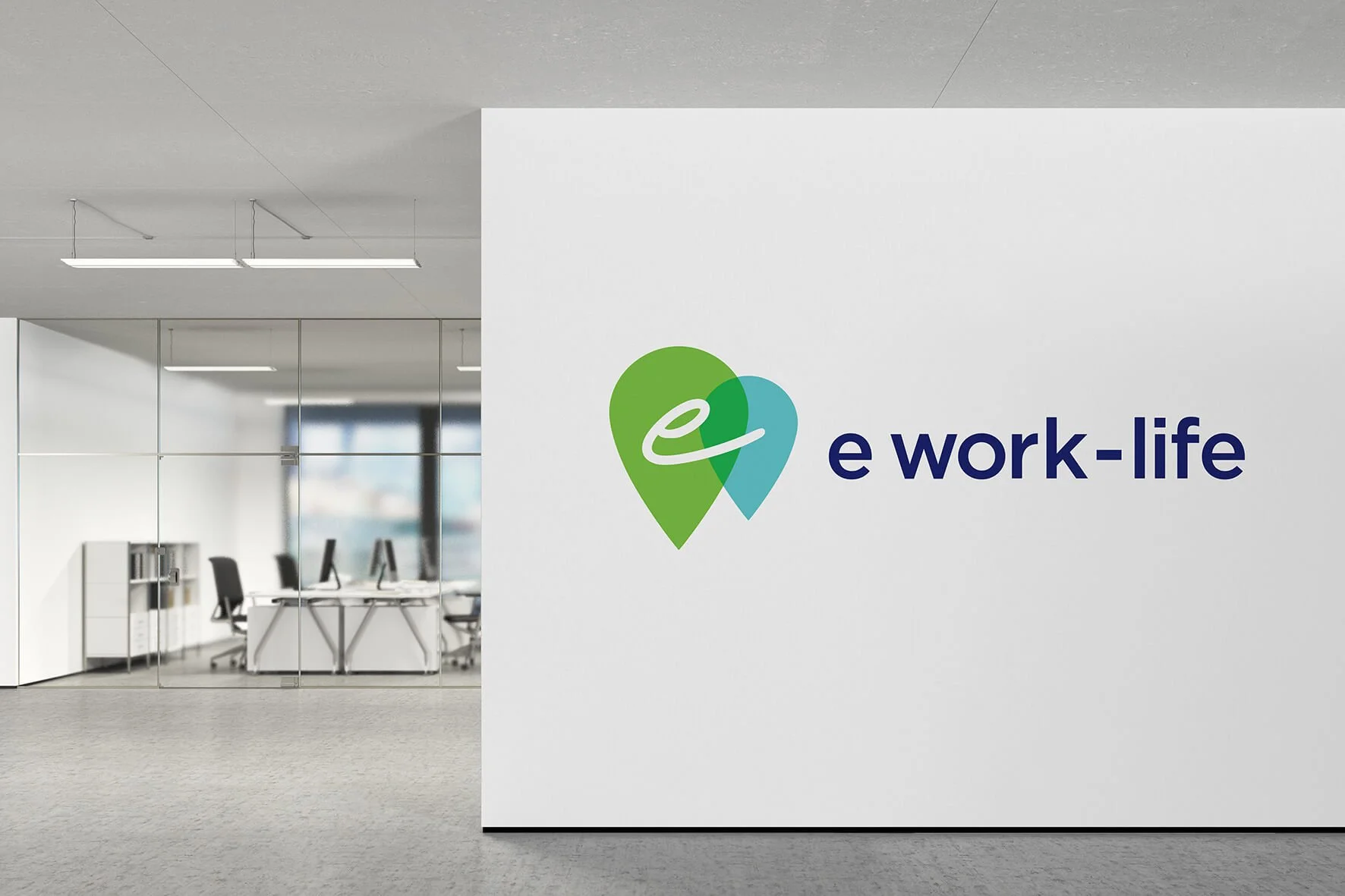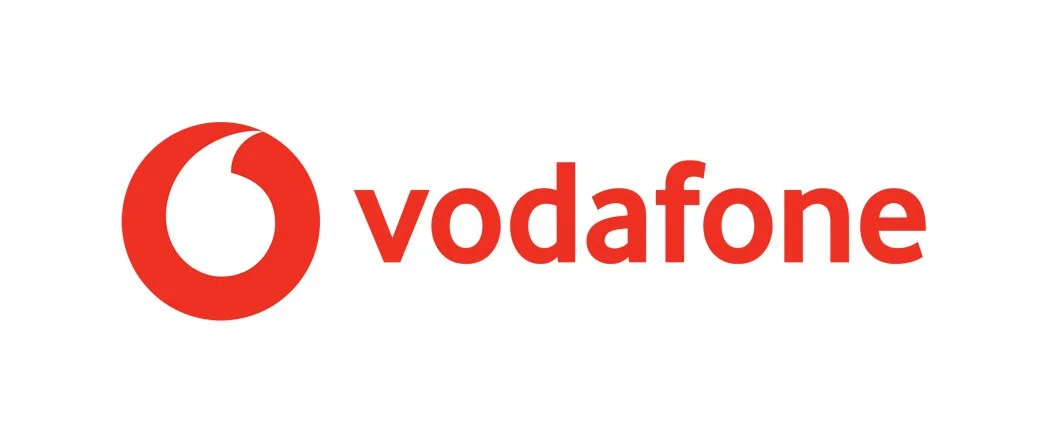about
Definition:
Remote working is the ability to work anywhere and at any time from any location. For e work-life this includes different types of remote working styles including home working, hybrid and agile working.
The e work-life scale is a 20 item measure that covers all types of remote working practices including agile working, hybrid working, homeworking and other types of working styles that require remote working. The focus of the scale is to measure the psychological factors related to remote working; job effectiveness, work-life integration, flexibility and organisational trust.
Dr Grant, Dr Tramontano and Dr Charalampous have developed several other scales that measure and support effective remote working. The team have worked alongside and researched diverse populations of remote workers to develop the scales. The team will be pleased to offer advice and guidance on improving the effectiveness of remote working for your employees and organisation. The tools can be used by organisations adopting remote working styles, including hybrid, agile and home working.
The e work-life scale has four key measurable dimensions…
The e work-life scale assesses the quality of remote working for employees and employers using an evidence-based measure and supports the development of tailor-made strategies.
The scale can be used for all types of remote working including home-based working, hybrid working an agile working.
01
Work-life integration
How well is work and life being integrated to reduce work-life conflict and increase wellbeing.
02
Flexibility
How flexible is remote working to help increase and support wellbeing and job satisfaction.
03
Productivity
How productive are employees when remote working, working effectively and reducing overworking.
04
Organisational Trust
How well do organisations develop trusting relationships with when remote working
WHAT WE DO
Dr Christine Grant has been researching remote working since 2006. Through her PhD she developed an evidence-based scale called e work-life (published in 2018). This tool now also has a sister tool called e work wellbeing (developed through Dr Maria Charalampous’ PhD in 2020) and the Self Efficacy scale developed by Dr Tramontano & Dr Grant with Carl Clarke, Vodafone for remote workers published in 2021.
Dr Grant works with a team of researchers Dr Carlo Tramontano, Dr Maria Charalampous and Dr Emma Russell) who are developing new psychometric scales and research in the area of remote and agile working - see research tab.
The research team work with employers and employees to enable organisations to develop their remote working capability through completing the measurement scale (alongside other appropriate measurement tools, e.g., technostress) to help employers and employees understand where they can help to improve.
INCREASED PRODUCTIVITY
The e work-life scale enables employers to measure the efficacy and quality of remote e-working within their organisation. The e work-life scale has a specific dimension that focuses on measuring aspects of productivity when remote working.
The e work-life scale has been measured alongside wellbeing scales and found to have a positive relationship, the higher the e work-life rating, the higher the wellbeing for remote workers. It has also been found to relate positively to low technostress, meaning that when e work-life is high, technostress is lowered.
The impact of remote working on wellbeing has been found by Dr Grant, Dr Tramontano and Dr Charalampous to affect key facets, such as, overworking, blurred boundaries, cognitive weariness, social isolation and many other areas for concern. See Dr Charalampous’ measure on e work wellbeing.
E work-life provides an evidenced based consultancy
THE E WORK-LIFE MEASUREMENT SCALE
The e work-life scale has been developed to assess different types of remote working across a variety of contexts, including and to help employees and organisations to understand the issues and related areas for improvement. Dr Grant works with organisations to improve their remote/agile/hybrid working practices and related employee behaviours.
Our partners
NeuroBox continue to partner Dr Christine Grant and have most recently collaborated on the Remote4All project.
Vodafone are pleased to partner Dr Christine Grant in her research on remote working – (Vodafone and Coventry University help level the playing field for people with disabilities and neurodiverse conditions). The collaboration continues through many research projects of which Vodafone are and have been a key stakeholder.
AgiLab, Dr Emma Russell, founder of AgiLab works closely with Dr Christine Grant, partnering and collaborating on many research projects.
Coventry University sponsored Dr Christine Grant’s PhD and are pleased to support her future research and commercial work in the field of remote, agile and hybrid working.
get in touch
Do you want to gain the full benefits of remote working?
E work-life provides an evidence-based assessment tools to support business needs with advice and guidance.











